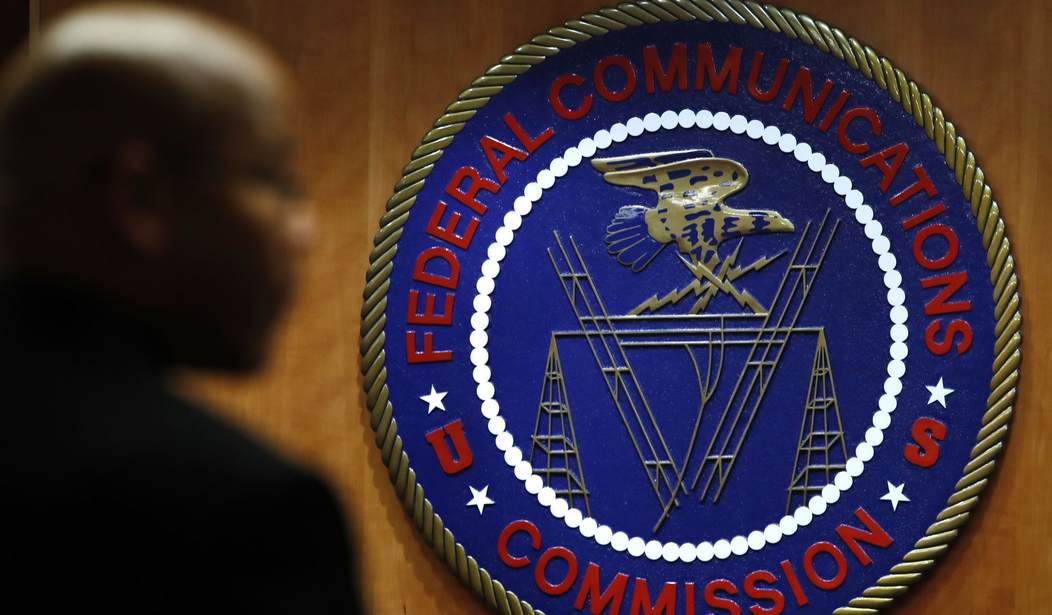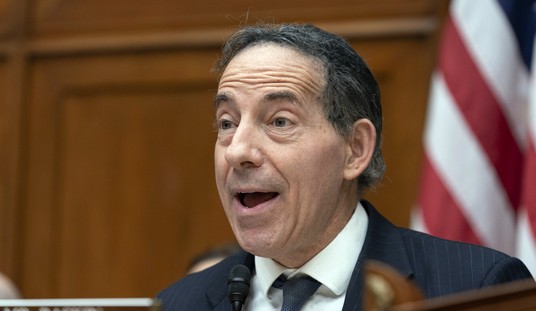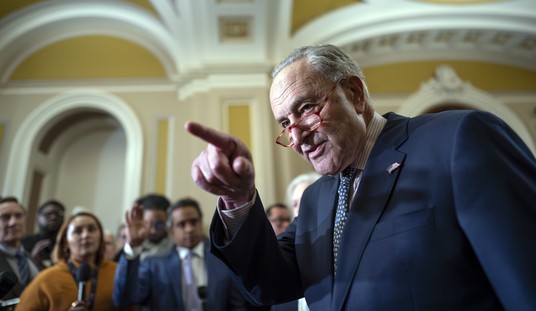Obama's dream of extending federal control over online delivery had a final stake driven through it by the Sixth Circuit Court of Appeals on Thursday. Writing for a unanimous panel, Circuit Judge Richard Griffin, a George W. Bush appointee, ruled that the Federal Communications Commission had no legal authority to regulate internet broadband companies, "The FCC lacks the statutory authority to impose its desired net-neutrality policies through the “telecommunications service” provision of the Communications Act."
Net Neutrality has always been much more about an FCC power grab as the reason for its existence, regulating the electromagnetic spectrum, became less important with the advent of internet broadband services. The FCC cloaked its search for continued relevance in the guise of protecting consumers from nefarious corporate schemes to stifle available content.
The concept of net neutrality has its roots in the early days of the internet, where the ethos was one of openness and equality. The term "net neutrality" was coined by Columbia University law professor Tim Wu in a 2003 paper titled "Network Neutrality, Broadband Discrimination." Wu articulated the principle that internet service providers should treat all data on the internet the same, regardless of source, content, or destination. This idea was born out of the concern that without such a principle, ISPs could favor certain content or services over others, potentially stifling innovation and free speech. Obama's administration glommed onto this totalitarian solution to an ill-defined and conjectural threat as a tool to mobilize its voters and patrons.
The concept was championed by Google, Facebook and Netflix. The companies lobbied the F.C.C. to create rules to prevent preferential treatment of content by the internet service providers.
In 2010, the F.C.C. under the Democratic chairman, Julius Genachowski, created the first proposals for net neutrality rules, stirring waves of public interest. The rules prompted street protests, torrents of email comments and even threats of violence against commissioners who opposed the rules.
Obama's FCC imposed net neutrality rules in 2015, but Trump's FCC chairman, Ajit Pai, began the process of rolling back the rules when he took office. The rules were officially withdrawn in January 2018.
Biden's FCC reimposed the rule in April 2024, and it was immediately hit with a court challenge. Because of the number of challenges across the country, the Judicial Panel on Multidistrict Litigation consolidated the cases and appointed the Sixth Circuit to settle the matter. So Thursday's decision closes the book on net neutrality absent an appeal heard by the Supreme Court or Congressional action (yeah, I did lol writing those two words in sequence).
Judge Griffin makes it clear that this time around, the FCC would not be able to rewrite federal law to suit its purposes.
That brings us to today. The Safeguarding Order once more imposes net-neutrality policies on Broadband Internet Service Providers by reclassifying broadband Internet as a telecommunications service subject to common-carrier regulation under Title II. 89 Fed. Reg. at 45404.3 This order—issued during the Biden administration—undoes the order issued during the first Trump administration, which undid the order issued during the Obama administration, which undid orders issued during the Bush and Clinton administrations. Cf. Loper Bright, 144 S. Ct. at 2288 (Gorsuch, J., concurring) (lamenting that “Chevron deference engender[ed] constant uncertainty and convulsive change even when the statute at issue itself remains unchanged”). Applying Loper Bright means we can end the FCC’s vacillations.
Nuking net neutrality is an unalloyed good. It restricts the ability of the FCC to meddle in the marketplace, and reduced meddling usually results in more liberty, more innovation, less rent-seeking, less power by lobbyists, and better outcomes for citizens. If the parade of horribles forecasted by Obama as he created from whole cloth, the boogeyman net neutrality that was supposed to be defeated does appear; then Congress can give the FCC jurisdiction. Until then, they need to go back to their well-paid cubbyholes and leave us alone.
Read the Decision
Ohio Telecom vs FCC by streiff on Scribd












Join the conversation as a VIP Member